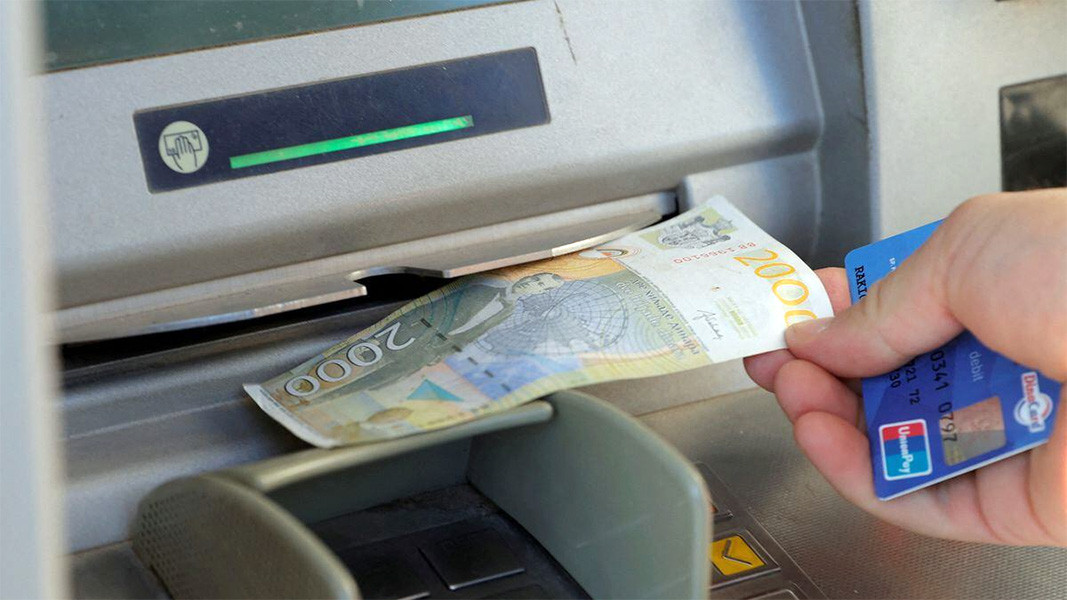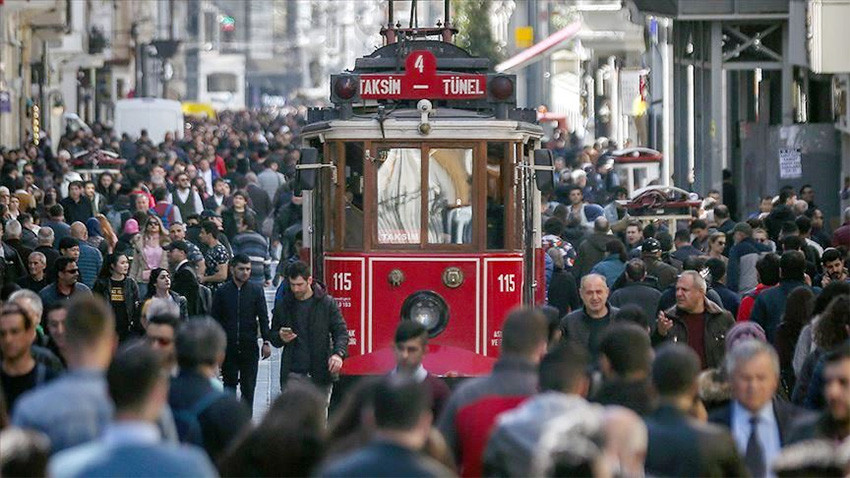PM Mitsotakis asks protesting Greek farmers for "open dialogue with open roads"

Greek Prime Minister Kyriakos Mitsotakis has warned protesting farmers in the country that the government is open to dialogue, but on the condition that the road blockades are lifted, ERT television reported. "I'll say it again: open dialogue with open roads. No one can blackmail the whole society, no matter how fair their demands are", said Mitsotakis, adding: "No one should have the feeling that any social group can be treated preferentially because they can shout louder when they protest".
The prime minister emphasized that his government has reduced the taxation of farmers, fought against the illegal presentation of imported products as Greek and in 4 years has paid over 1 billion euros in compensation to the sector. But the protesting farmers decided to intensify their actions, summarizes ERT.

The Serbian dinar is "not officially banned" in Kosovo, Kosovo Prime Minister Albin Kurti told AFP, stressing that the euro is the only legal currency for commercial transactions in the country. Kurti commented on the issue a week after the decision, which was not supported by the Western partners, ignited yet another source of tension between Belgrade and Pristina. The Serbian minority, especially in Northern Kosovo, continues to rely on dinars sent from Belgrade as subsidies, BTA reports.
Removing the dinar "is, in a word, a crime against humanity," Serbian President Aleksandar Vucic said before the UN Security Council, where Belgrade referred the case, reports BGNES. Kurti explained to the Council that a one-month transition period is in effect, which will allow for additional communication and time to resolve issues.

Hungary is sending 31 police officers to the border between Serbia and North Macedonia to help fight illegal migration, the state secretary of the interior ministry in Budapest, Bence Retvari, announced. "The Hungarian police do not only protect the border of one country, but of the whole of Europe. The police have taken on a difficult task, because in the coming period they will guard the 113-kilometer border between Serbia and North Macedonia, which is the main direction of illegal migration," writes the website of the Hungarian police, quoted by the Serbian daily "Danas".
The cooperation is long-lasting, Retvari points out, and "this is the second contingent of Hungarian police officers who will serve in Serbia." The Hungarian police officers will carry out their mission under the control and supervision of the authorities in the host country, explained Retvari.


More than 75 years ago, the need emerged for the children of Bulgarian gardeners in Slovakia to receive education in a place where they could also learn the history and culture of their people in their mother tongue. That is how..
The President of the EC, Ursula von der Leyen, met with the residents of Plovdiv in the Ancient Theatre. The visit, which took place on Sunday, is part of the tours in EU Member States that the leading candidates for the next..
At the beginning of summer, when temperatures are not so high and spring rains are still abundant, it may seem too early to talk about forest fires. But experts say that if preventive measures are not taken now, the coming months will once again see..
Bulgarian cuisine is ranked 14 th out of all national cuisines in Europe in the prestigious TasteAtlas rankings, BNR-Varna reports. The cuisines are..
The regional ethnographic museum in Plovdiv opens its doors for the 16th edition of the Week of Traditional Crafts, the organizers..
The Bulgarian Cultural Centre "St Cyril" will be officially opened in Accra - the capital of Ghana, sources told Radio Bulgaria. The inauguration of..

+359 2 9336 661
